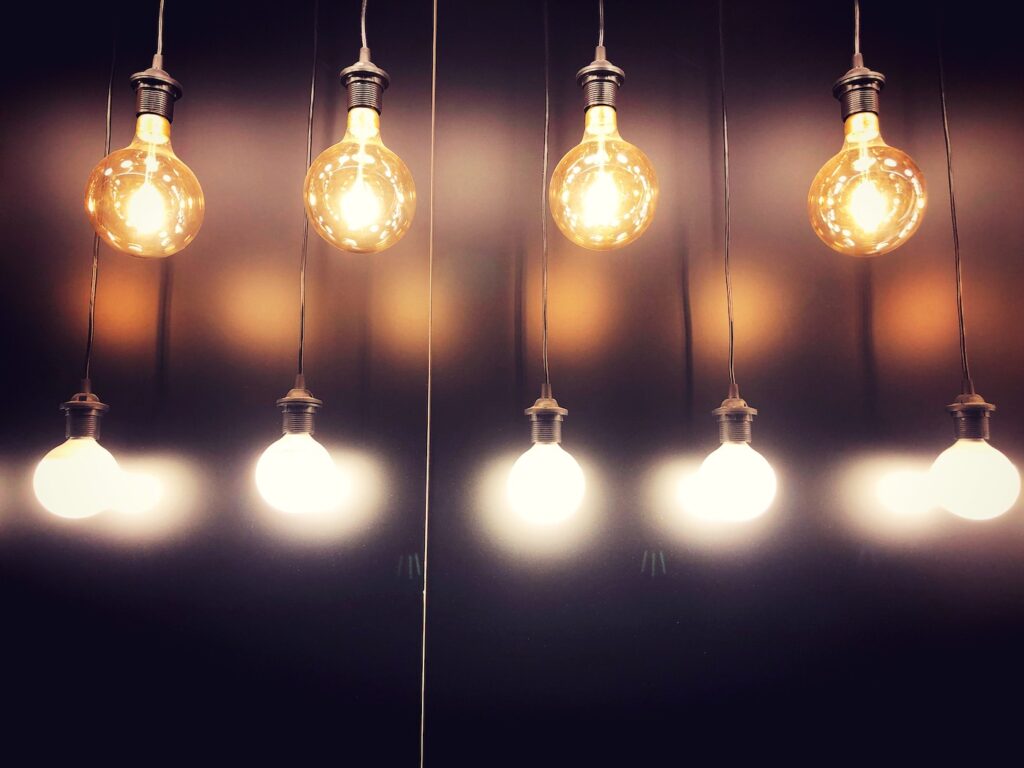
Properly disposing of light bulbs in Australia is essential to protect the environment and ensure the safety of your community. While I cannot specifically refer to “King Gong,” a Wollongong-based removal company, I can provide you with general guidelines on how to dispose of light bulbs responsibly in Australia.
Incandescent Bulbs:
-
- Incandescent bulbs should be wrapped in newspaper or placed in a sturdy container to prevent breakage.
- Label the container as “Broken Glass” for safety reasons.
- These bulbs can be disposed of in your regular household waste bin.
Halogen Bulbs:
-
- Halogen bulbs should be handled with care, as they get very hot when in use.
- Wait until the bulb has cooled down before attempting to replace it.
- Like incandescent bulbs, you can dispose of them in your regular household waste bin, wrapped or in a labeled container.
CFL (Compact Fluorescent Lamp) Bulbs:
-
- CFLs contain a small amount of mercury, so they should not be thrown into regular household waste.
- Most local councils in Australia have specific drop-off locations or recycling programs for CFLs.
- Check with your local council for information on where to properly dispose of CFL bulbs.
LED Bulbs:
-
- LED bulbs do not contain hazardous materials and are safe for disposal in your regular household waste bin.
- If you want to be more environmentally conscious, you can check with your local council if they have a recycling program for LED bulbs, although this is not always necessary.
Fluorescent Tubes:
-
- Fluorescent tubes, like CFLs, contain mercury and should not be disposed of in regular household waste.
- Most councils provide recycling facilities or designated drop-off locations for fluorescent tubes.
- Contact your local council or search online for nearby recycling options.
Broken Bulbs:
-
- If a bulb breaks accidentally, follow safety precautions. Wear gloves, avoid direct contact with broken glass, and ventilate the area.
- Use a broom and dustpan to clean up the broken glass and dispose of it in a labeled container or wrap it in newspaper before placing it in the waste bin.
Remember that the proper disposal of light bulbs helps protect the environment and minimizes the risk of contamination from hazardous materials. If you’re unsure about the disposal options in your specific area or for larger quantities of bulbs, it’s a good idea to contact your local council or waste management authority for guidance.
As for “King Gong,” the Wollongong-based rubbish removal company you mentioned, it’s always a good practice to check with local service providers for their recommendations on disposing of specific items like light bulbs or other household waste. They may have valuable insights into local recycling and disposal options.
